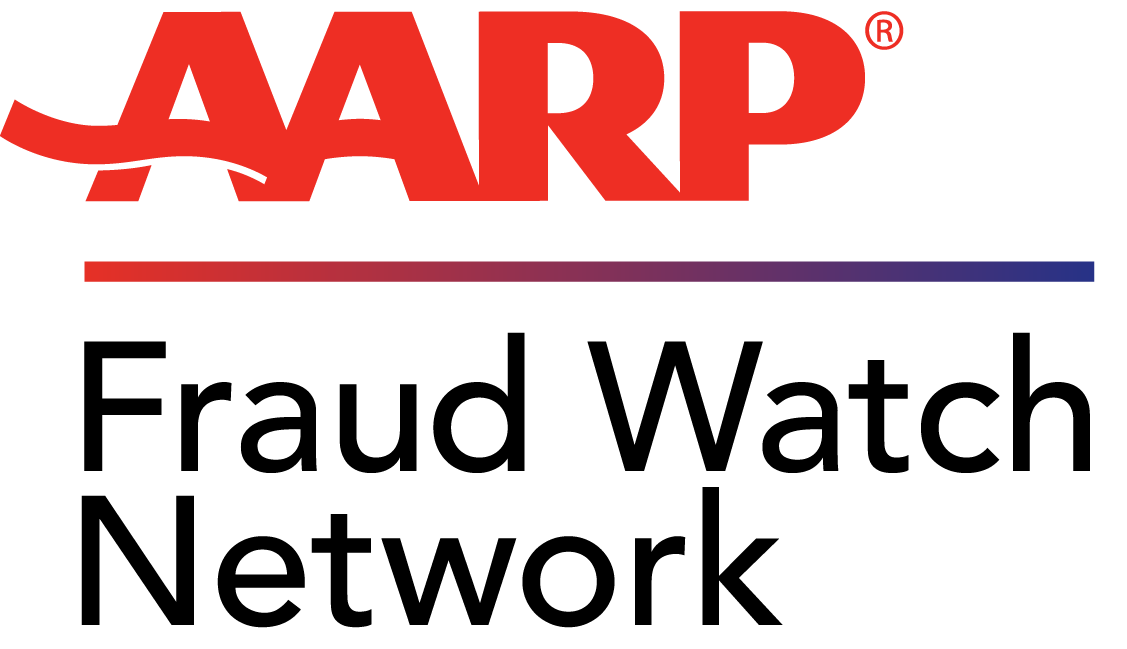AARP Hearing Center

Did you know that someone’s identity gets stolen every two seconds? The AARP Fraud Watch Network provides you with tips and resources to help you spot and avoid identity theft and fraud so you can protect yourself and your family. Our watchdog alerts will keep you up to date on con artists’ latest tricks. It’s free of charge for everyone: AARP members, non-members, and people of all ages.
The AARP Fraud Watch Network is:
- An Educator: Get real-time alerts about the latest scams, tips on how to spot them, and the inside scoop on how con artists think so you can outsmart them before they strike.
- A Watchdog: Our nationwide scam tracking map gives you access to a network of people who've spotted scams and the opportunity to pass along your own experiences, so together we can beat con artists at their own game.
- A Resource: Get connected to a real live person trained in how to avoid fraud and advise you if you or a loved one has been scammed by calling our fraud hotline or attending a forum in your community.
- Free for Everyone: Anyone, of any age, can access our resources at no cost.
Be a fraud fighter! If you can spot a scam, you can stop a scam.
Report scams to local law enforcement. Contact the AARP Fraud Watch Network at www.aarp.org/fraudwatchnetwork for more information on fraud prevention.
SCAM ALERT #1:
As tax filing season rolls on, be on the lookout for the IRS imposter scam. You may get a call from someone claiming to be from the IRS and saying you owe a specific amount in taxes. They may even threaten to arrest you if you don’t pay immediately. It’s a scam. Know the IRS will never call and demand immediate payment without first sending a notice through the mail. Nor will the IRS ever ask for credit or debit cards over the phone, or threaten you with arrest. If you get a call like this, hang up. If you are concerned that you may owe taxes, call the IRS directly at 800-829-1040.
SCAM ALERT #2:
As the price of prescription drugs continues to rise, you might find yourself searching online for more affordable medications. Beware of bogus companies that take your money and never send you the product, or worse, send you a product that could cause you harm. Also, be sure to read the fine print on prescription drug coupons you find online. You might discover your purchase won’t count toward your deductible, or that the coupon expires after a certain number of refills.
SCAM ALERT #3:
The Federal Trade Commission (FTC) is experiencing a big uptick in complaints that scammers pretending to be the FTC are calling, emailing, texting and faxing. The scammers are claiming that either the targets have won a big prize or that they are in trouble and have to pay delinquent accounts. In fact, the Department of Justice recently announced that two scammers impersonating the FTC were found guilty of bilking victims out of more than $10 million. Know that the FTC does not contact consumers to ask for payment, and it does not run sweepstakes or lotteries. If you experience this scam, report it at www.ftccomplaintassistant.gov.
SCAM ALERT #4:
Scammers are now going to the federal Social Security website and setting up a “my Social Security” account of citizens that are of retirement age. They hijack their accounts by setting up the accounts before the Social Security number owner does, and then they apply for funds. The scammers request a lump sum payout be transferred to their own accounts, then they withdraw the money and immediately buy gift cards. Beat scammers to the punch by setting up your own “my Social Security” account today at www.ssa.gov/myaccount.































































